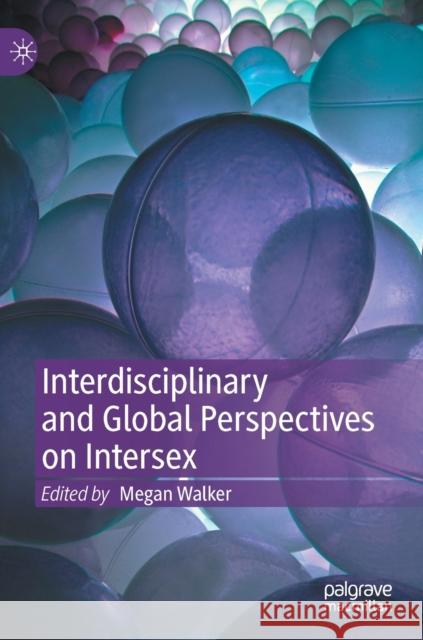Interdisciplinary and Global Perspectives on Intersex » książka
topmenu
Interdisciplinary and Global Perspectives on Intersex
ISBN-13: 9783030914745 / Angielski / Twarda / 2022 / 302 str.
Interdisciplinary and Global Perspectives on Intersex
ISBN-13: 9783030914745 / Angielski / Twarda / 2022 / 302 str.
cena 502,35 zł
(netto: 478,43 VAT: 5%)
Najniższa cena z 30 dni: 501,19 zł
(netto: 478,43 VAT: 5%)
Najniższa cena z 30 dni: 501,19 zł
Termin realizacji zamówienia:
ok. 20 dni roboczych.
ok. 20 dni roboczych.
Darmowa dostawa!
Kategorie:
Kategorie BISAC:
Wydawca:
Springer Nature Switzerland AG
Język:
Angielski
ISBN-13:
9783030914745
Rok wydania:
2022
Ilość stron:
302
Waga:
0.51 kg
Wymiary:
21.01 x 14.81 x 1.75
Oprawa:
Twarda
Wolumenów:
01
Dodatkowe informacje:
Wydanie ilustrowane











